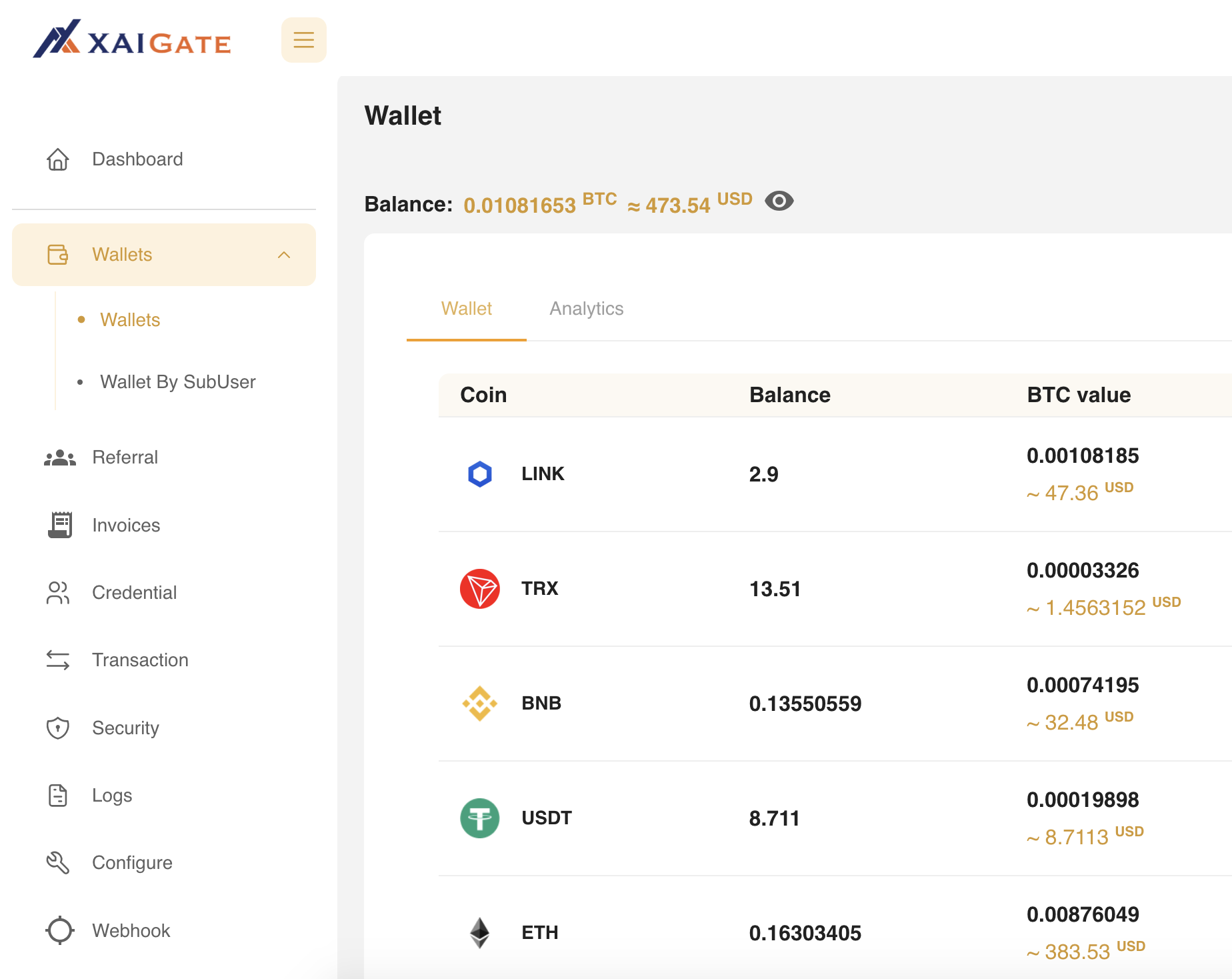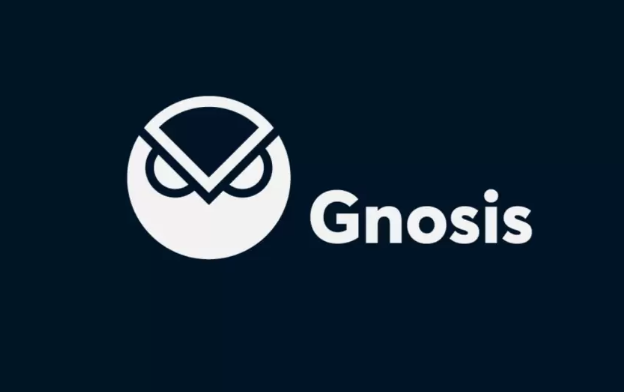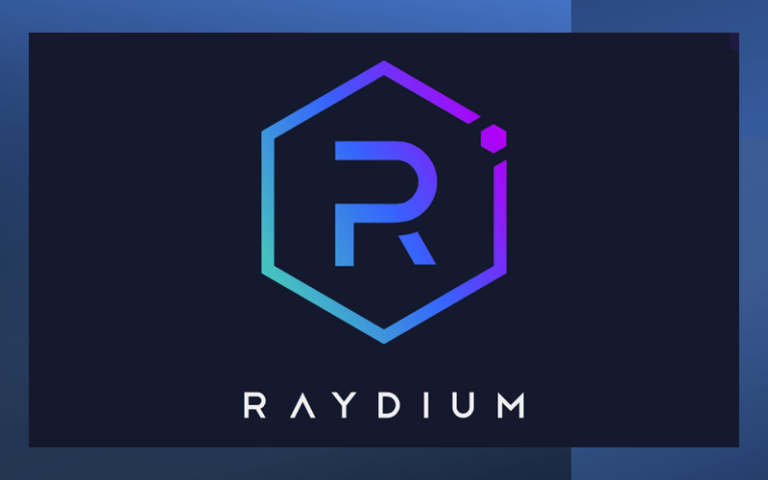Supported Coins
Accept Reserve Rights Payments – RSR Payment Gateway
XAIGATE is best cryptocurrency payment gateway is a service that allows businesses to accept Reserve Rights (RSR) payments from customers. It acts as an intermediary between the buyer and seller, handling the processing and settlement of cryptocurrency payments. Try #1 Reserve Rights (RSR) Payment Gateway Now!
- Only 0.2% Transaction Fee
- 9.866+ Supported Coins
- No Monthly Cost
- Security & Global reach
- No hidden fees
Why accept Reserve Rights (RSR)
What is Reserve Rights (RSR)?
Reserve Rights (RSR) is a token that serves two crucial purposes within the Reserve Protocol ecosystem:
Maintaining Stablecoin Value: Reserve Protocol issues several stablecoins, like RSV which aims to maintain a peg of $1 USD. RSR acts as a backstop mechanism for these stablecoins. When the value of the underlying assets collateralizing the stablecoin dips, RSR tokens are automatically sold to buy more assets and restore the peg. This helps maintain the stablecoin’s value during market fluctuations.
Governance: RSR token holders have voting rights on the Reserve Protocol. They can propose and vote on changes to the protocol’s parameters, such as fees, collateralization ratios, and new features. This allows the community to participate in shaping the future of the Reserve Protocol.
Reserve Rights (RSR) payment METHODS
How Does Reserve Rights (RSR) Payment Work
How to Make a Cryptocurrency Payment Gateway is a service that allows businesses to accept Reserve Rights (RSR) payments from customers. It acts as an intermediary between the buyer and seller, handling the processing and settlement of cryptocurrency payments.
Step 1: Register Account
Create a XAIGATE account to process cryptocurrency transactions quickly and easily. You can sign up and start processing transactions without adding KYC or bank account information.
Step 2: Setup with APIs or Plugin
Set up your XAIGATE account by adding some necessary details, such as your business information and payment preferences. Explore the XAIGATE API to learn how to accept Reserve Rights (RSR) payments on your website.
Step 3: Accepting Reserve Rights (RSR) payments
Congratulations! You can now let your customers pay in cryptocurrency. Explore the many benefits of accepting crypto payments with XAIGATE
About Reserve Rights (RSR) Payment
Why Businesses Accept Reserve Rights (RSR)
Businesses don’t directly accept Reserve Rights (RSR) tokens for payment because they aren’t designed to be a spending currency. However, the Reserve Protocol, which RSR supports, offers some potential benefits that can indirectly make businesses more attractive to customers:
- Frictionless Global Payments: Reserve Protocol aims to create stablecoins usable anywhere with an internet connection. This could potentially streamline cross-border transactions for businesses, reducing fees and complexities.
- Price Stability for Customers: Reserve’s stablecoins are designed to maintain a steady value, unlike traditional cryptocurrencies with high fluctuations. This can give customers peace of mind when interacting with a business that utilizes these stablecoins.
- Reaching New Markets: By accepting Reserve’s stablecoins, businesses might open themselves up to new customer segments, particularly those in regions with limited access to traditional financial services.
What is Reserve Rights (RSR) Payment?
Reserve Rights (RSR) is a token that serves two key purposes within the Reserve Protocol ecosystem:
Stability Mechanism: Reserve Protocol aims to create stablecoins (cryptocurrencies pegged to a stable asset like the US dollar). RSR acts as a backstop for these stablecoins. If the value of the assets backing the stablecoin falls, RSR tokens are automatically sold to buy more assets and maintain the stablecoin’s peg. This helps ensure the stablecoin’s price stays close to its target value.
Governance: Holders of RSR tokens participate in the governance of the Reserve Protocol. They can vote on proposals that affect the protocol’s future, such as adding new stablecoins, adjusting fees, or changing how the stability mechanism works. This allows the community to have a say in the direction of the Reserve Protocol.
Why Choose Reserve Rights (RSR)?
Here are some reasons why you might choose Reserve Rights (RSR):
Stablecoin Interest: If you’re interested in earning interest on your cryptocurrency holdings, the Reserve Protocol offers ways to earn interest on certain stablecoins backed by RSR. This can be an attractive option compared to holding other cryptocurrencies with high price volatility.
Support for Global Adoption: The Reserve Protocol aims to create stablecoins accessible to users worldwide, particularly in underbanked regions. By holding RSR, you contribute to a project promoting financial inclusion through stable digital currencies.
Potential Governance Influence: RSR token holders have voting rights within the Reserve Protocol. If you’re interested in shaping the future of the protocol and its stablecoins, holding RSR allows you to participate in the governance process.
Potential for Appreciation: As the Reserve Protocol and its stablecoins gain wider adoption, the value of RSR could potentially increase. However, it’s important to remember that this is speculation and the cryptocurrency market is inherently volatile.
What is the Reserve Rights (RSR) payment gateway?
A Best Crypto Payment Gateway is a service that allows businesses and individuals to accept Reserve Rights (RSR) tokens as payment for goods or services. It acts as a bridge between the traditional financial system and the world of cryptocurrencies, simplifying the process of receiving and processing Reserve Rights (RSR) payments.
Here’s how a Reserve Rights (RSR) payment gateway works:
- Merchant Integration: The merchant integrates the payment gateway into their website or point-of-sale system.
- Customer Selection: During checkout, the customer chooses Reserve Rights (RSR) as their preferred payment method.
- Transaction Initiation: The customer sends their Reserve Rights (RSR) tokens from their wallet or exchange account to the gateway’s designated Reserve Rights (RSR) address.
- Payment Processing: The gateway verifies the transaction on the Ethereum blockchain and confirms the validity of the Reserve Rights (RSR) tokens.
- Settlement: Once confirmed, the gateway converts the Reserve Rights (RSR) tokens to USD (usually at a 1:1 ratio) and deposits the equivalent amount into the merchant’s bank account.
How do I accept a Reserve Rights (RSR) payment?
Accepting Reserve Rights (RSR) payments can be a simple and efficient way to expand your customer base and benefit from the advantages of cryptocurrency transactions. These platforms offer user-friendly interfaces, robust security features, and API integrations for seamless and secure transactions.
How do I make a Reserve Rights (RSR) payment?
To send Reserve Rights (RSR) payments, you’ll need a Reserve Rights (RSR) wallet. Simply copy the recipient’s wallet address or scan their QR code and enter the desired amount to send. It’s as easy as that!
Can I accept Reserve Rights (RSR) at my business?
Yes, you can accept Reserve Rights (RSR) at your business! In fact, doing so can offer several advantages for your business.











How can businesses start accepting Reserve Rights (RSR) payments through an RSR payment gateway?
To start accepting Reserve Rights (RSR) payments through an RSR payment gateway, follow these steps:
Choose a Reliable Payment Gateway: Select a trustworthy cryptocurrency payment gateway that supports RSR, such as XAIGATE or other platforms offering Reserve Rights integration. Ensure the gateway provides secure, fast, and efficient processing for RSR transactions.
Integrate the Payment Gateway: Install the payment gateway’s API or plugin on your website, eCommerce platform, or app. This will allow customers to pay using RSR tokens at checkout.
Set Up Payment Preferences: Configure your account to receive Reserve Rights (RSR) tokens. Decide whether you want to hold the tokens in your wallet or automatically convert them to fiat currency based on your business’s preferences.
Ensure Security: Opt for a payment gateway that features strong security protocols, such as encryption, fraud detection, and two-factor authentication (2FA), to protect both your business and customers.
Test the Payment System: Conduct test transactions to verify that everything functions smoothly and efficiently before launching the RSR payment option to your customers.